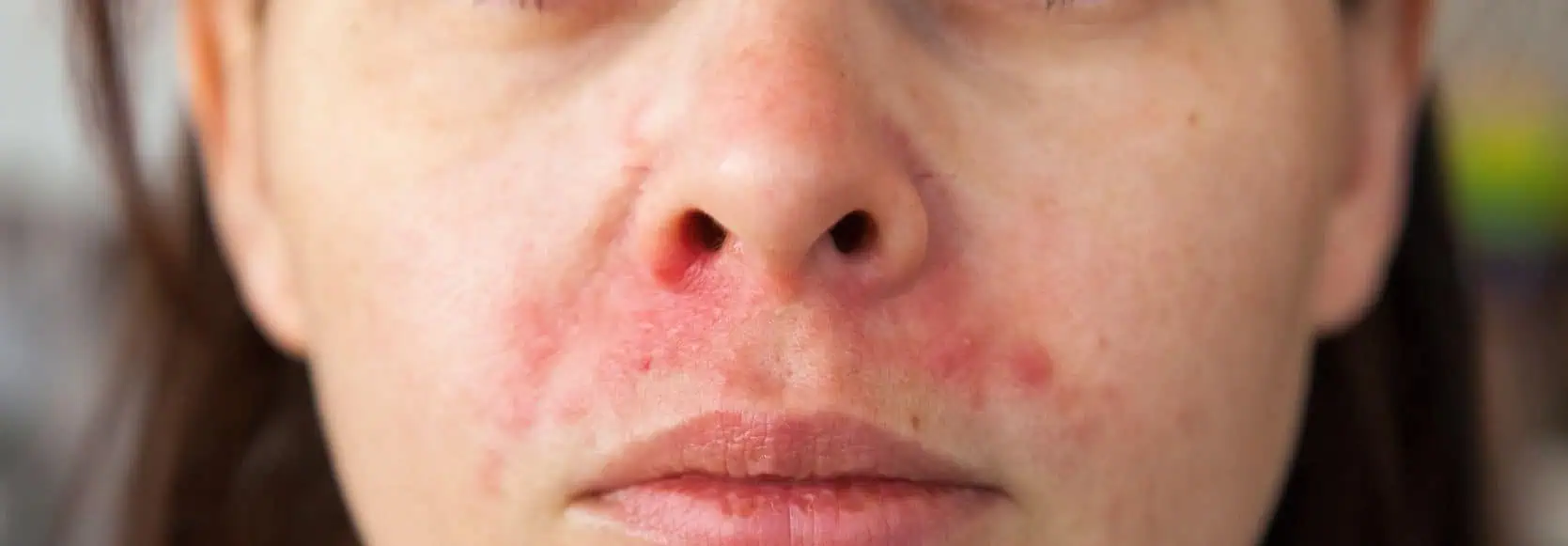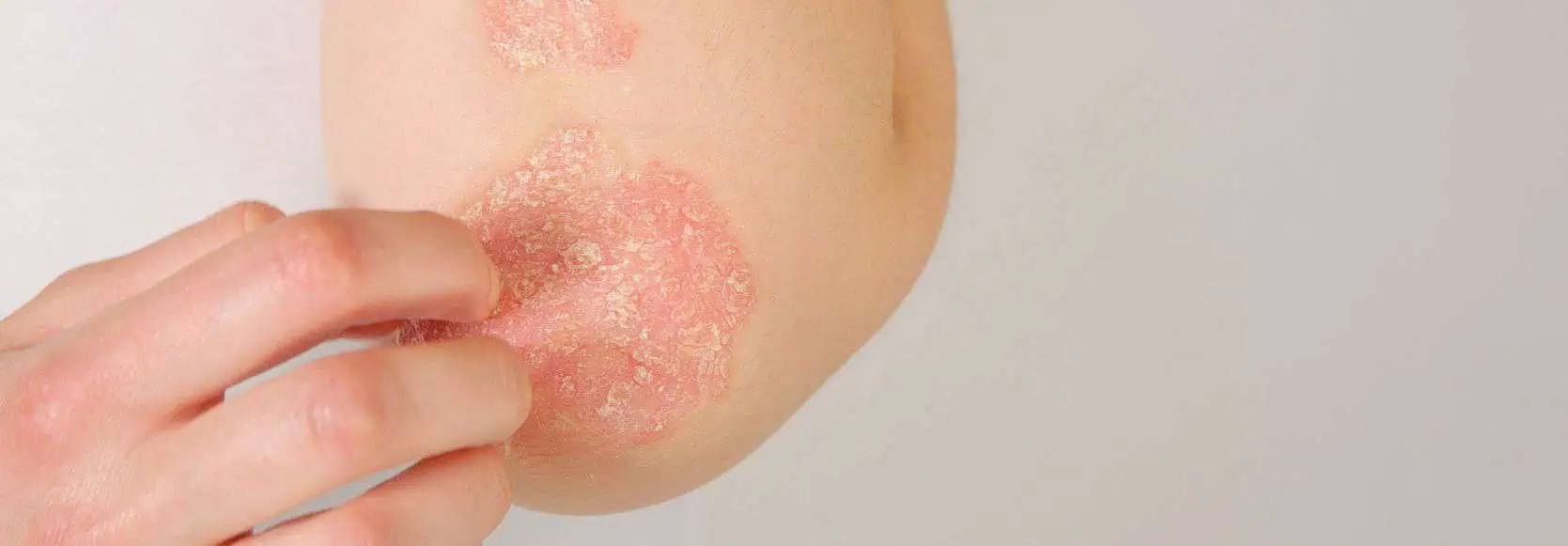Table of Contents
1. Gentle Cleansing for Hydrated Skin
Seek out hydrating cleanser options with nourishing ingredients:
- Hyaluronic acid for its moisture-retention properties
- Glycerin to draw water into the skin
- Creamy or milky textures that provide an extra layer of moisture without stripping the skin
To safeguard your skin’s delicate balance, avoid cleansers containing alcohol or strong surfactants that can exacerbate dryness. Opt for products labelled “gentle” or “for sensitive skin” to ensure a soothing cleanse. Remember, the key is to maintain your skin’s natural oils while removing impurities.
2. Intense Moisturisation for Dry Skin
Cold weather and indoor heating can leave your skin feeling parched and lifeless. That is why intense moisturisation becomes a non-negotiable step in your winter skincare routine.
The Power of Rich Moisturisers
Look out for rich moisturisers that are laden with nourishing ingredients such as shea butter, ceramides, and hyaluronic acid. These ingredients not only hydrate the skin but also create an occlusive layer to lock in the moisture.
Preventing Transepidermal Water Loss (TEWL)
Transepidermal water loss (TEWL) is a common issue during winter, leading to dry and flaky skin. By applying a generous layer of moisturiser, you can effectively prevent TEWL, ensuring your skin stays plump and hydrated despite the harsh winter conditions.
Extend Your Moisturising Routine
Don’t limit moisturising to just your face; extend it to other areas prone to dryness like hands, feet, and elbows too. With these little steps, you can keep your skin supple and radiant throughout the cold season.
3. Sunscreen Protection All Year Round
Hydrate and Protect
Choose a hydrating and non-comedogenic formula to ensure your skin stays moisturised without clogging pores. Products containing hyaluronic acid or glycerin can provide an extra layer of hydration.
Broad-Spectrum Defence
4. Mindful Exfoliation for a Brighter Complexion
Exfoliation has two benefits in your winter skincare routine: it removes dead skin cells and unclogs pores, making your complexion brighter. However, it’s important to exfoliate with care to avoid skin irritation.
Gentle Exfoliants for Different Skin Types
Some gentle exfoliants that work well for various skin types include:
- Jojoba beads or rice bran particles: These ingredients provide a gentle scrubbing effect, making them ideal for sensitive skin.
- AHAs/BHAs: Chemical exfoliants like AHAs (Alpha Hydroxy Acids) and BHAs (Beta Hydroxy Acids) are great for oily and acne-prone skin. They can penetrate deeper into the skin to remove excess oil and dead cells.
Adjusting Your Exfoliation Routine
- Dry or sensitive skin: Exfoliate once a week.
- Oily or combination skin: Exfoliate twice a week.
5. Boosting Antioxidant Intake for Skin Health
Skin is often subjected to oxidative stress during winter, leading to dullness, dryness, and premature aging. Antioxidants are your skin’s best defence. They neutralise harmful free radicals, promoting healthy and glowing skin.
Here are some ways to boost your antioxidant intake for better skin health:
Use Vitamin C Serums
Vitamin C serums are a popular choice, known for their brightening and collagen-boosting properties. They can be paired with vitamin E which enhances their effectiveness while adding moisturising benefits.
Hydration Inside and Out
Internal Hydration:
To keep your skin cells hydrated and working well, here are a couple of things you can do internally:
- Drink enough water: Try to drink at least 8 glasses of water throughout the day.
- Eat hydrating foods: Include foods in your diet that have high water content, such as cucumbers, oranges, and strawberries.
External Hydration:
Taking care of your skin externally can also help with hydration. Here are some tips for external hydration:
- Use hydrating serums and creams: Look for products that contain ingredients like hyaluronic acid or glycerin, which can help lock in moisture.
- Use a humidifier: Having a humidifier in your home can add moisture to the air, which can be beneficial for your skin. This is especially helpful if you have dryness due to indoor heating systems.
By following these tips, you can give your skin the moisture it needs to combat the dryness of winter. Using a humidifier not only helps with skincare but also supports respiratory health by preventing dryness in the mucous membranes.
Nourishing and Protecting the Lips
Use a Nourishing Lip Balm
Natural, nourishing lip balms include:
- Shea butter: Renowned for its moisturising properties, it helps to repair the skin barrier.
- Cocoa butter: A natural fat that provides deep hydration and forms a protective layer against the cold.
- Beeswax: Seals in moisture and shields lips from external elements.
- Coconut oil: Hydrates and soothes inflamed or irritated skin.
Apply Lip Balm Generously
To prevent chapped lips, apply lip balm generously throughout the day, especially before going outdoors.
Tip: If you often forget to reapply, keep multiple balms in convenient places—your car, purse, or beside your bed.
Avoid Licking Your Lips
Developing a Personalised Winter Skincare Routine
Identify Your Skin Type
Begin by identifying your skin type – dry, oily, combination, or sensitive. This will help you choose products most beneficial for your skin.
Include the Essentials
- Cleanser: Use a hydrating cleanser that doesn’t strip away natural oils.
- Moisturiser: Opt for a rich moisturiser that provides intense hydration.
- Sunscreen: Yes, even in winter! Protect your skin from harmful UV rays with a broad-spectrum sunscreen.
Your choice of these products should align with your skin type.
Add Exfoliation, But Be Mindful
Don't Forget Your Lips and Body
Even in the coldest weather, you can achieve radiant skin. The key lies in understanding your skin’s unique needs and addressing them through a personalised winter skincare routine.






